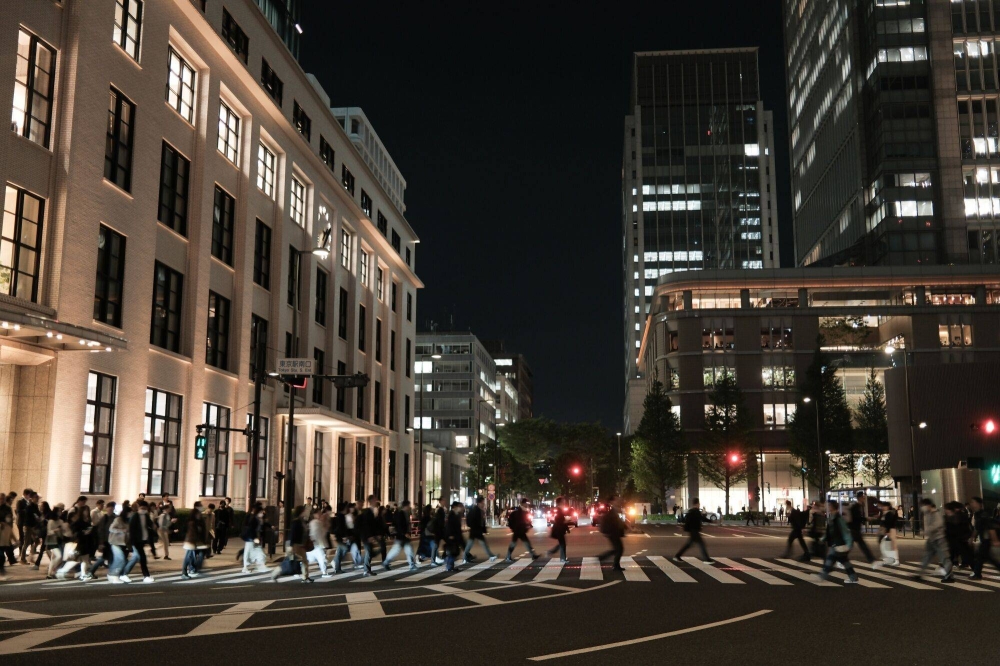Japan’s inflation-adjusted real wages fell 2.2% from the previous year in fiscal 2023, which ended in March — the sharpest decline since the 2.9% drop in fiscal 2014, when prices were pushed up by a consumption tax hike — a labor ministry report showed on Thursday.
Real wages were down for the second straight year, as steady wage growth failed to keep pace with inflation amid the yen’s depreciation and a rise in crude oil markets.
In nominal terms, the average monthly pay rose 1.3% to ¥332,533, up for three years in a row. By category, regular pay including basic salary grew 1.3%, while overtime and other nonregular pay fell 0.3%. Special pay including bonuses rose 1.6%.
The monthly average climbed 1.7% to ¥438,696 for full-time workers and 2.4% to ¥105,989 for part-time workers.
The ministry report also showed that the average monthly work hours per employee decreased 0.4% to 136.3 hours, with regular work hours and overtime down 0.3% and 2.0%, respectively.
Meanwhile, the consumer price index that is used to calculate real wages jumped 3.5%, above 3% for the second straight year, amid widespread price hikes for food, daily necessities and other goods.
In March alone, real wages declined 2.5% from a year before, down for a record 24 months in a row.
Although large pay hikes offered by many companies during this year’s labor-management negotiations are expected to be reflected in future wage data, an early rebound in real wages is seen by many as unlikely, given the yen’s continued weakening, which is pushing up import costs.
“If the yen falls to around 160-170 per dollar, it would be difficult to see real wage growth during the ongoing fiscal year,” said Tomohisa Ishikawa of Japan Research Institute.
“Unless wage increases trickle down to small businesses, where many people work, the overall Japanese economy could lose its dynamism,” Ishikawa said.

